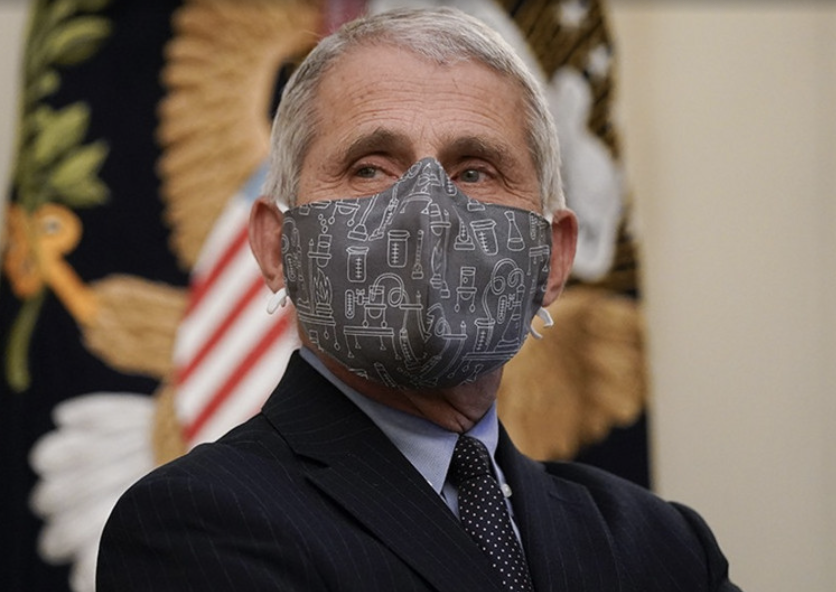Kerby Anderson
Whenever health is involved, trust is also important. You go to the doctor who prescribes a treatment or medicine. You may know something about anatomy and physiology, but you need to trust that your doctor is prescribing the right treatment or pharmaceutical.
Trust is also important when it comes to the health care establishment. Do you trust these health experts who have been making recommendations during this pandemic? Over the last year, some of them haven’t given us lots of reasons to feel confident about their comments.
The question of trust surfaced in a recent radio interview I did about vaccine hesitancy. My guest explained that none of us have expertise in virology nor in the manufacture of mRNA vaccines. Therefore, we have to trust doctors and scientists who know much more about these subjects than we know.
On the other hand, the public health establishment has been making statements that we can check. I mentioned the statements last year by Dr. Anthony Fauci and Surgeon General Jerome Adams, who advised the public not to wear masks. I did part of a radio program documenting their efficacy and correctly guessed they merely lied about masks in order to have enough for health care professionals.
A few weeks ago, the public health establishment suspended the Johnson & Johnson vaccine distribution. Six confirmed cases of a blood clot disorder were found out of seven million who already received the vaccine. If this was a one-in-a-million risk, why stop using the vaccine? Or do health authorities know of more cases and are not forthcoming with the evidence? Either way, we should have legitimate questions.
Trust is important in health care decisions, especially when recommendations are being made about masks, lockdowns, and restricting society. Americans have a right to be skeptical.
 Listen Online
Listen Online Watch Online
Watch Online Find a Station in Your Area
Find a Station in Your Area










 Listen Now
Listen Now Watch Online
Watch Online
